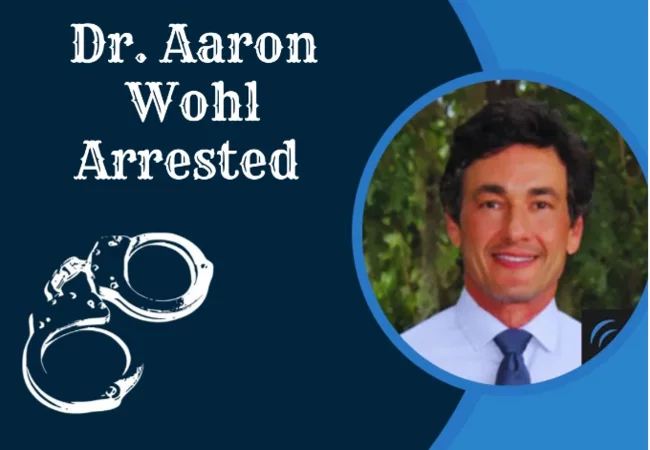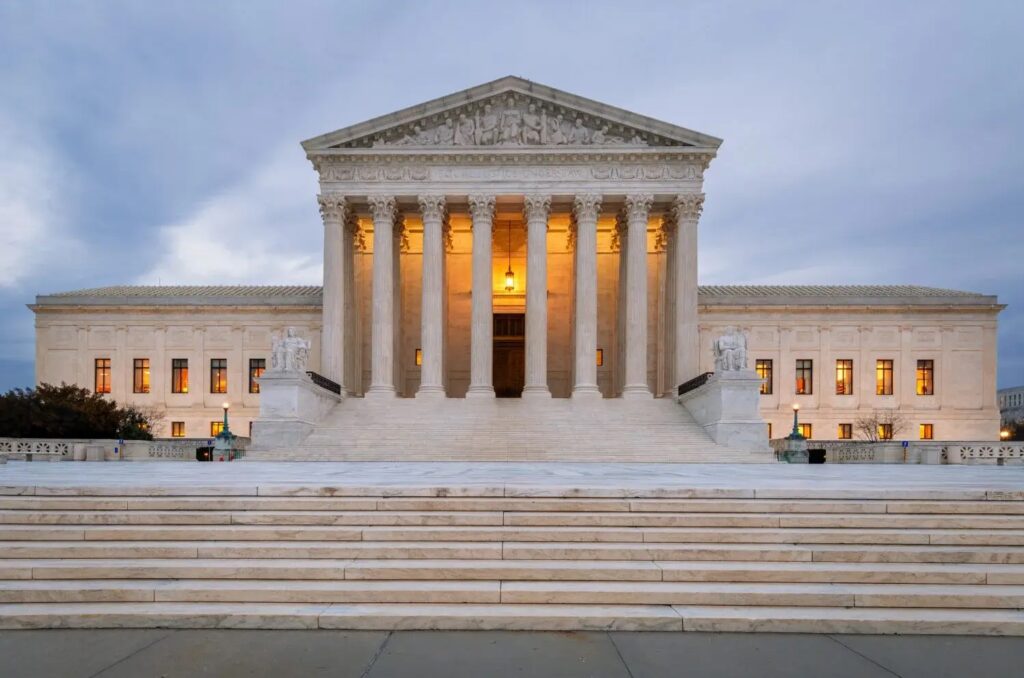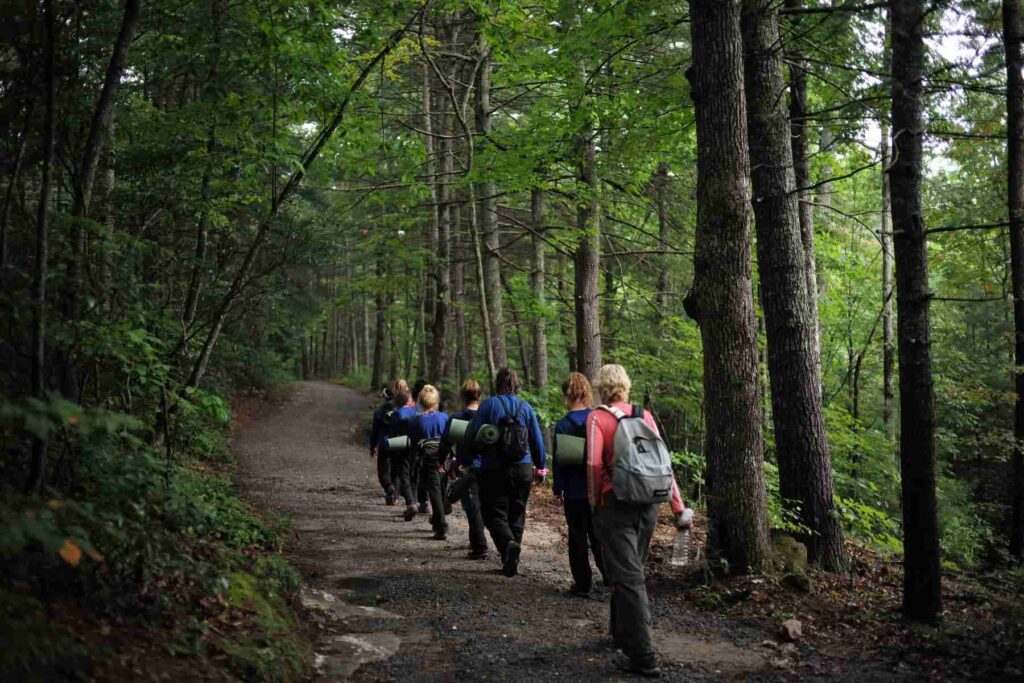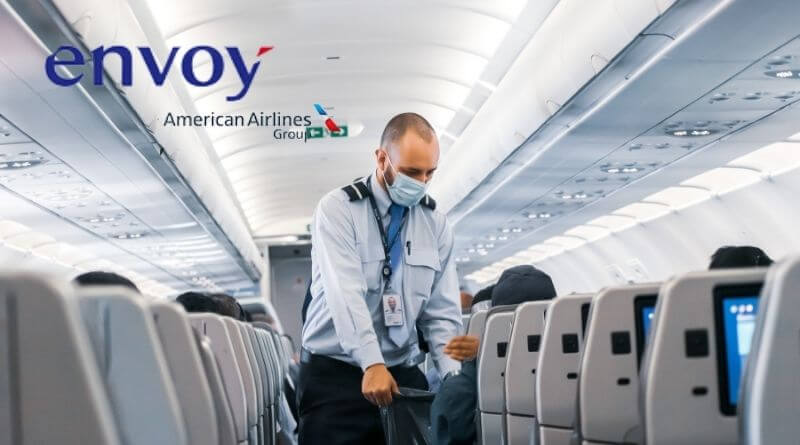Trails Carolina Investigation

Programs for troubled teens have drawn much attention recently, both for their commitment to helping troubled teenagers and for the issues surrounding their methods. One such program that has come under fire is Trails Carolina, a wilderness treatment program in North Carolina.
In this article, we’ll go deep into a thorough analysis of Trails Carolina, looking at its history, the therapeutic strategy it uses, and the issues that have been brought up about how it does business.
Carolina Trails’s beginnings
Founded in 2008, Trails Carolina is located in North Carolina’s beautiful Blue Ridge Mountains. As a therapeutic intervention, the program was developed for troublesome teenagers struggling with various emotional and behavioral problems, including substance misuse, depression, anxiety, and family concerns. Trails Carolina promotes wilderness therapy as an alternative to standard therapeutic techniques because they think the natural world may help people grow and recover.
The program combines outdoor activities with one-on-one and group therapy sessions to provide participants with an organized yet challenging experience. The program accepts young people between the ages of 10 and 17, and the length of their stay varies depending on their requirements and circumstances.
The Approach of Wilderness Therapy
Trails Carolina’s therapeutic approach is based on wilderness therapy, which is thought to offer a special setting for inner change. Activities encouraging independence, communication, and personal responsibility include instruction in hiking, camping, and survival skills.
Teenagers can connect deeply with themselves and their classmates outdoors because it shields them from the distractions of regular life. To help them grow personally and experience better mental health, they are urged to reflect on their decisions and actions while facing outdoor living difficulties.
The program also includes individual and group therapy sessions and outdoor activities. The participants and certified therapists collaborate closely to address underlying problems and offer emotional support. Family counseling is also prioritized to repair damaged relationships and promote open communication between families.
Allegations Against Trails Carolina
Serious charges have been made against Trails Carolina, a wilderness therapeutic center for troubled young people, including allegations of abuse and negligence that led to the death of a 14-year-old participant who suffered a shattered femur while attempting to climb a tree. The program allegedly failed to notify emergency responders immediately, leaving the teen alone in the jungle for 12 days.
An adolescent girl allegedly sexually abused while participating in the program is the subject of another complaint. However, this claim has been refuted. Due to concerns over participant safety and welfare, these charges highlight the need for increased regulation and openness within the wilderness treatment sector.
What has Trails Carolina said about the allegations?
In response to the accusations, Trails Carolina has stated that they are true and would assist with any continuing inquiries. They underline their commitment to participants’ emotional health and safety and promise to examine and enhance their treatment strategies. The charges, supported by former participants’ interviews, medical records, legal actions, and media attention, show the need for more monitoring and openness in the wilderness treatment sector.
According to Trails Carolina, they uphold strict rules and have primary therapists available for individualized treatment programs. Additionally, they claim that their team has received significant training in first aid, wilderness survival, and crisis de-escalation. The goal of these procedures is to guarantee the well-being of program participants.
Inquiries and Concerns
Although Trails Carolina and like initiatives have received admiration for their capacity to assist troubled teenagers, questions have been expressed about the sector as a whole. These doubts mostly center on matters of responsibility, ethics, and safety.
Government regulation of such initiatives is needed. A government body does not strictly regulate programs for wilderness treatment since they operate in a legal gray area. Numerous charges of abuse, failure, and fraud in some facilities have come up due to this legal void.
Allegations and worries regarding Trails Carolina especially have been made by former participants, their families, and even some staff members. These accusations include psychological and verbal abuse, dangerous physical constraints, and poor medical attention. There have also been allegations of people being punished by being separated from their friends.
Furthermore, opponents claim that certain wilderness treatment programs are coercive; participants may pretend to behave better to get released sooner. There is some debate regarding these programs’ ability to treat the underlying reasons for teenagers’ problems over the long run.
Numerous investigations have been conducted by governmental institutions and non-governmental groups to address these issues and establish accountability. Although there is still a long way to go before there is complete industry-wide change, these inquiries have resulted in improvements in specific programs.
A Reaction and Reform
Some wilderness treatment organizations, including Trails Carolina, have moved to resolve problems and enhance their procedures in response to investigations and public concerns. It involves changing their operating procedures, improving personnel training, and updating company rules. In light of prior problems, Trails Carolina, for instance, has highlighted its dedication to safety, professionalism, and ethical treatment.
Additionally, the whole industry is increasingly going toward more regulation. Some states, such as Utah and Oregon, have passed laws requiring stricter regulations and control of wilderness treatment programs. These initiatives seek to safeguard participant health and guarantee that the programs achieve their therapeutic goals.
Trails Carolina has undergone several adjustments and enhancements based on internal studies and outside investigations. It promises to continue prioritizing participant welfare, safety, and successful results.
Conclusion
The Trails Carolina investigation highlights the difficulties and debates surrounding outdoor recovery and programs for troubled teens. While these programs provide an innovative way of assisting troubled teens, they have been tainted by worries about safety and moral behavior.
Before enrolling their children in such programs, families should do extensive research and ask important questions. For these programs to deliver on their claims of offering a secure and efficient road to therapy for challenging youths, there must be more regulation and control of the business.
Striking a balance between the potential advantages of natural therapeutic interventions and the need for industry responsibility and openness is still essential as wilderness therapy develops. The Trails Carolina investigation serves as a reminder of the ongoing problems in this area and the value of resolving them to protect the welfare of vulnerable teenagers.






































































